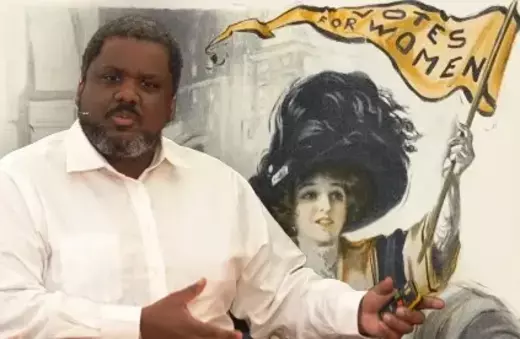Does money make good women bad? If a woman in the street asks a man “Will you sleep with me?”, that is perfectly legal. But if he says yes and she tells him that it will cost him £20, that’s against the law.
The laws against prostitution introduced in the 1950s were based on moral rules applied to sexual behaviour, especially the sexual behaviour of women. As such they also symbolise “double standards of sexual morality that result in stigmatising not just prostitutes, but many unconventional women, as sluts or whores."[1]
But moral rules are not static. It took the courage and determination of LGBTQI people demanding their rights to win the decriminalisation of gay sex. Public opinion has already largely shifted on the issue of prostitution. As far back as 2008, 59% of people agreed that “prostitution was a perfectly reasonable choice that women should be free to make”.[2]
There is a growing movement, spearheaded by sex workers, demanding the decriminalisation of sex work along the lines of the law introduced in New Zealand in 2003 with verifiable success.[3] But there is also entrenched opposition which comes from an “unlikely union of evangelical Christians and feminist campaigners”.[4] Both wings of this union aim for the abolition of prostitution and in the meantime press for increased criminalisation in the form of criminalising clients. Some religious groups come from an unconcealed moralistic standpoint. The Christian charity CARE, which sponsored a Northern Ireland Act to criminalise clients,[5] has a track record of homophobia, campaigned against gay marriage[6] and also opposes abortion.[7]
___
"Is it really only sex work that is harmful to our humanity when under capitalism we are all compelled to sell ourselves, compelled to spend our waking lives in activities which we have not chosen or designed?"
___





















Join the conversation